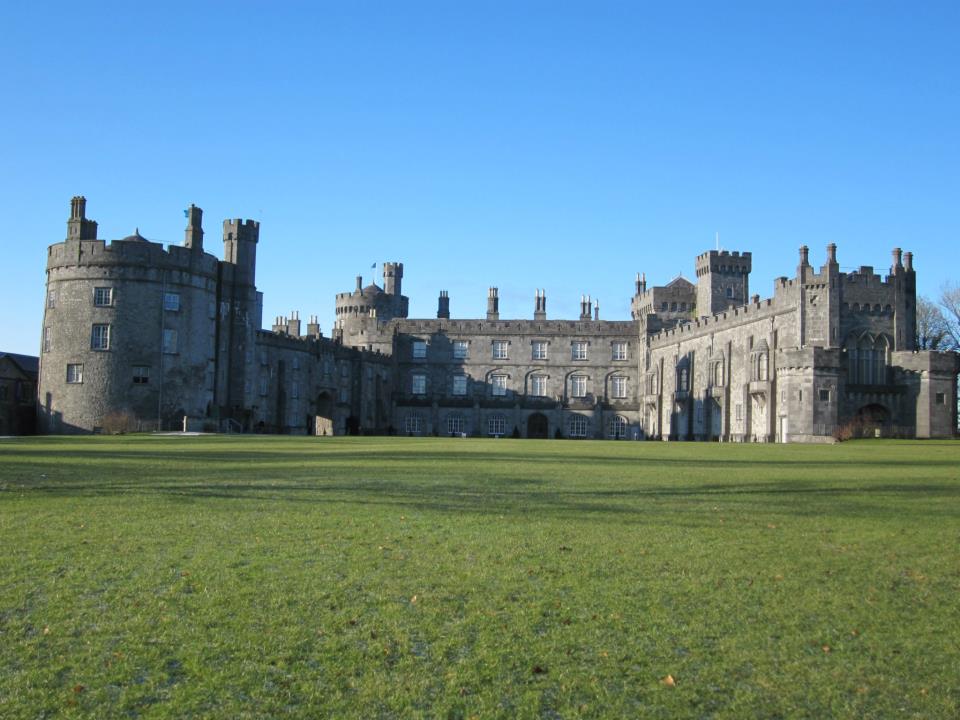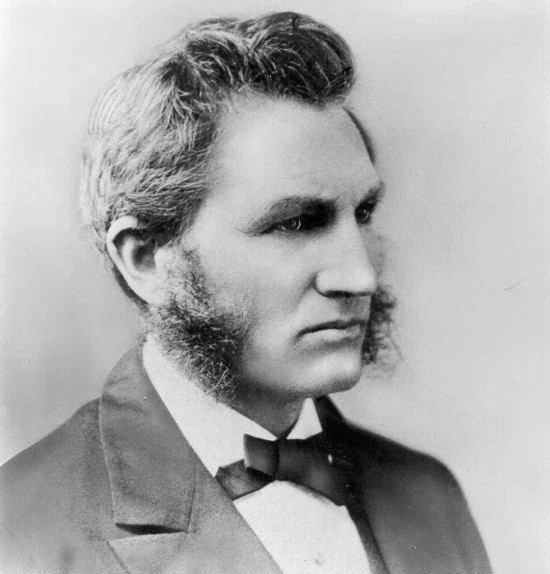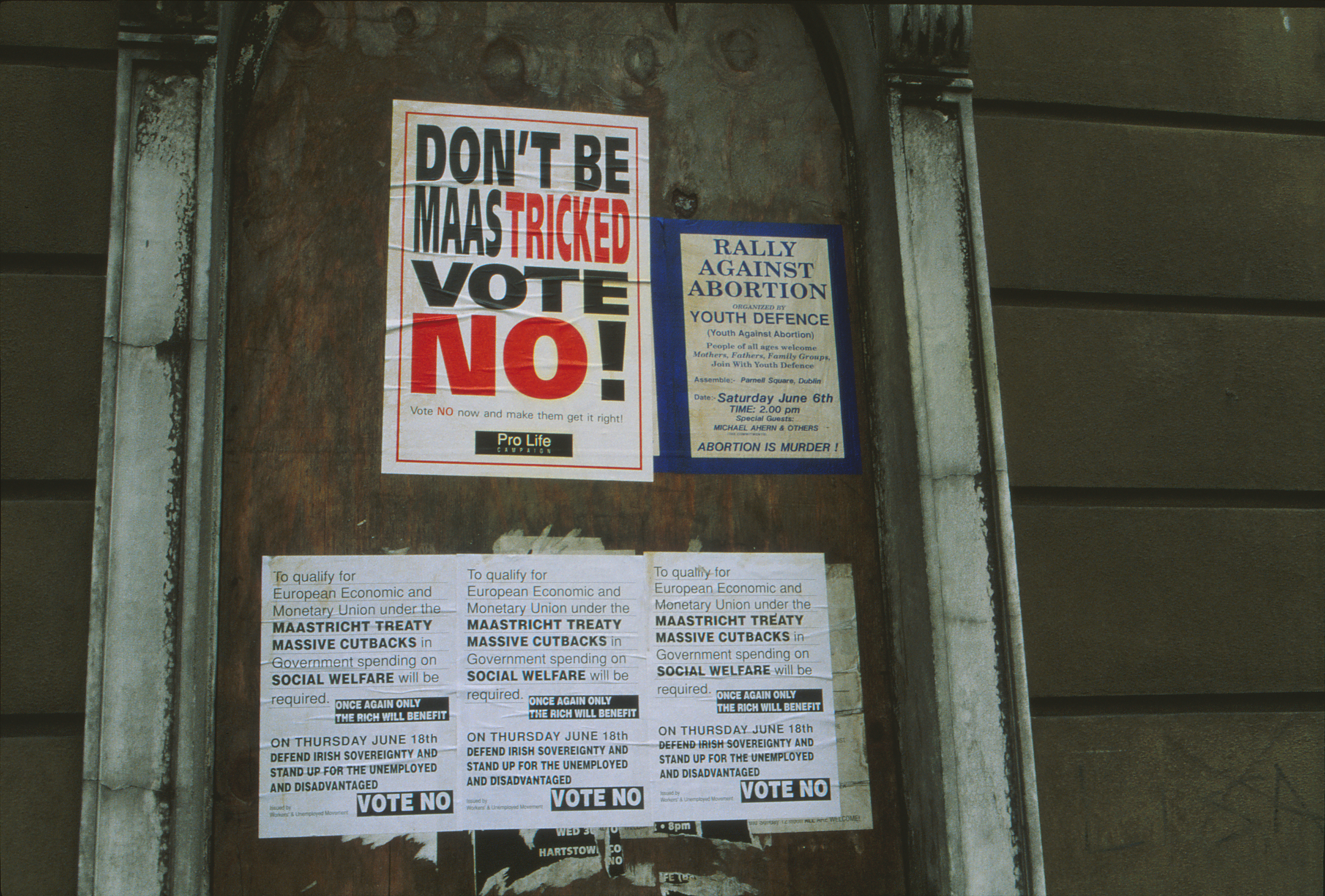|
Raymond Crotty
Raymond Dominick Crotty (22 January 1925 – 1 January 1994) was an Irish economist, writer, academic and farmer, who was known for his opposition to Ireland's membership of the European Union. In 1987, he mounted a successful legal challenge in the Irish Supreme Court against the Government of Ireland's attempt to ratify the Single European Act without reference to the people in a referendum. Life and career Crotty grew up in Kilkenny. While a student at St. Kieran's College, Kilkenny, he began breeding pigs in his spare time. Rather than move on to university, Crotty pursued his interest in agriculture by going to work for a farmer relative in 1942. A year later he undertook a 12-month course at the Albert Agricultural College in Glasnevin, Dublin. In 1945, Crotty purchased a farm in Dunbell, not far from Kilkenny, and spent the next two decades putting into practice his developing knowledge of agricultural production. In 1956, while still a farmer, Crotty enrolled as a di ... [...More Info...] [...Related Items...] OR: [Wikipedia] [Google] [Baidu] |
Kilkenny
Kilkenny (). is a city in County Kilkenny, Ireland. It is located in the South-East Region and in the province of Leinster. It is built on both banks of the River Nore. The 2016 census gave the total population of Kilkenny as 26,512. Kilkenny is a tourist destination, and its environs include historic buildings such as Kilkenny Castle, St Canice's Cathedral and round tower, Rothe House, Shee Alms House, Black Abbey, St. Mary's Cathedral, Kilkenny Town Hall, St. Francis Abbey, Grace's Castle, and St. John's Priory. Kilkenny is also known for its craft and design workshops, the Watergate Theatre, public gardens and museums. Annual events include Kilkenny Arts Festival, the Cat Laughs comedy festival and music at the Kilkenny Roots Festival. Kilkenny began with an early 6th-century ecclesiastical foundation within the Kingdom of Ossory. Following the Norman invasion of Ireland, Kilkenny Castle and a series of walls were built to protect the burghers of what became a Norman ... [...More Info...] [...Related Items...] OR: [Wikipedia] [Google] [Baidu] |
American Sociological Association
The American Sociological Association (ASA) is a non-profit organization dedicated to advancing the discipline and profession of sociology. Founded in December 1905 as the American Sociological Society at Johns Hopkins University by a group of fifty people, the first president of the association would be Lester Frank Ward. Today, most of its members work in academia, while around 20 percent of them work in government, business, or non-profit organizations. ASA publishes ten academic journals and magazines, along with four section journals. Among these publications, the ''American Sociological Review'' is perhaps the best known, while the newest is an open-access journal titled Socius: Sociological Research for a Dynamic World'. '' Contexts'' is one of their magazines, designed to share the study of sociology with other disciplines as well as the public. The ASA is currently the largest professional association of sociologists in the world, even larger than the International So ... [...More Info...] [...Related Items...] OR: [Wikipedia] [Google] [Baidu] |
Eleventh Amendment Of The Constitution Of Ireland
The Eleventh Amendment of the Constitution Act 1992 (previously bill no. 12 of 1992) is an amendment to the Constitution of Ireland permitted the state to ratify the Treaty on European Union, commonly known as the Maastricht Treaty. It was approved by referendum on 18 June 1992 and signed into law on 16 July of the same year. Overview The Eleventh Amendment of the Constitution was one of a number of amendments that have been made to expressly permit the state to ratify changes to the founding treaties of the European Union (then known as the European Community) (others have been the Tenth, Eighteenth, Twenty-sixth and the Twenty-eighth Amendments). These amendments were all adopted because of the finding of the Supreme Court in '' Crotty v. An Taoiseach'' (1987) that major changes to the treaties are unconstitutional unless accompanied by an amendment. The Eleventh Amendment was introduced by a Fianna Fáil–Progressive Democrats coalition government and was also suppor ... [...More Info...] [...Related Items...] OR: [Wikipedia] [Google] [Baidu] |
Maastricht Treaty
The Treaty on European Union, commonly known as the Maastricht Treaty, is the foundation treaty of the European Union (EU). Concluded in 1992 between the then-twelve member states of the European Communities, it announced "a new stage in the process of European integration" chiefly in provisions for a shared European citizenship, for the eventual introduction of a single currency, and (with less precision) for common foreign and security policies. Although these were widely seen to presage a "federal Europe", the focus of constitutional debate shifted to the later 2007 Treaty of Lisbon. In the wake of the Eurozone debt crisis unfolding from 2009, the most enduring reference to the Maastricht Treaty has been to the rules of compliance – the "Maastricht criteria" – for the currency union. Against the background of the end of the Cold War and the re-unification of Germany, and in anticipation of accelerated globalisation, the treaty negotiated tensions between member sta ... [...More Info...] [...Related Items...] OR: [Wikipedia] [Google] [Baidu] |
Dublin (European Parliament Constituency)
Dublin is a constituency of the European Parliament in Ireland. It elects 4 Members of the European Parliament (MEPs) using proportional representation by means of the single transferable vote (STV). History and boundaries The constituency was created in 1979 for the first direct elections to the European Parliament. From 1979 to 1994, it comprised County Dublin and the city of Dublin. Since 1994 it comprises the same area redefined as the counties of Dún Laoghaire–Rathdown, Fingal, South Dublin and the city of Dublin. From 1979 to 2004, it elected 4 MEPs; this was reduced to 3 for the 2009 election. For the 2019 European Parliament election, a reapportionment following Brexit and the loss of 73 MEPs from the United Kingdom gave two additional seats to Ireland. Following a recommendation of the Constituency Commission, Dublin gained an extra seat, from 3 to 4. However, the last candidate elected did not take his seat until after the United Kingdom withdrew from the Eur ... [...More Info...] [...Related Items...] OR: [Wikipedia] [Google] [Baidu] |
1989 European Parliament Election In Ireland
The 1989 European Parliament election in Ireland was the Irish component of the 1989 European Parliament election. The election was conducted under the single transferable vote. Results MEPs elected Voting details See also * List of members of the European Parliament for Ireland, 1989–94 – List ordered by constituency External linksElectionsIreland.org – 1989 European Parliament (Ireland) election results {{European Parliament elections 1989 in Irish politics European 1989 Ireland Ireland ( ; ga, Éire ; Ulster Scots dialect, Ulster-Scots: ) is an island in the Atlantic Ocean, North Atlantic Ocean, in Northwestern Europe, north-western Europe. It is separated from Great Britain to its east by the North Channel (Grea ... European 1989 ... [...More Info...] [...Related Items...] OR: [Wikipedia] [Google] [Baidu] |
Crotty V
Crotty (and variations O’Crotty, Crotti, Crottee, etc.) are anglicisations of the Irish name Ó Crotaigh – ‘Descendant of Crotach’. The name dates from medieval times, to the pre-Norman kingdom of Thomond ('North Munster') where the Dál gCais (in English: ‘Dalcassian’) clan, centred on the regional rulers - the Uí Briain ( O'Brien) family - were dominant. The Crottys were one of eight septs of the O’Briens (i.e. descended via the female line - hence the different surnames). They settled in Western Co.Waterford and Eastern Co.Cork. In common with the O’Briens - and the millions of descendants of the other seven septs - the Crotty sept's likely ultimate common ancestor is Brian Bóruma mac Cennétig (‘Brian Boru’) c.941 – 1014, and therefore possibly (via the Dál gCais) as far back as Cormac Cas in the 3rd Century. The name originates in present-day County Clare, and (despite extensive emigration) is still most common in the general area of the former k ... [...More Info...] [...Related Items...] OR: [Wikipedia] [Google] [Baidu] |
Anthony Coughlan
Anthony Coughlan is an Irish academic, secretary of the National Platform, and retired Senior Lecturer Emeritus in Social Policy at Trinity College, Dublin. He has contributed to various debates in the media such as on RTÉ's '' Questions and Answers'', both in his capacity as a lecturer and as a spokesperson for lobby groups such as the National Platform. He opposed EU enlargement and EU treaties such as the Single European Act, Maastricht Treaty, Amsterdam Treaty, Nice Treaty, Nice Treaty re-run and the Lisbon Treaty. He made contributions to the post-Lisbon Treaty debate and made submissions to the Oireachtas Committee on Europe on behalf of the National Platform. Early life and education Born in Cork, he became politicised while studying English, history and economics at University College Cork in the 1950s, setting up a branch of the Labour Party in the college. He moved to London where he studied for a postgraduate degree in Social Policy at the University of London. In Lon ... [...More Info...] [...Related Items...] OR: [Wikipedia] [Google] [Baidu] |
The Irish Times
''The Irish Times'' is an Irish daily broadsheet newspaper and online digital publication. It launched on 29 March 1859. The editor is Ruadhán Mac Cormaic. It is published every day except Sundays. ''The Irish Times'' is considered a newspaper of record for Ireland. Though formed as a Protestant nationalist paper, within two decades and under new owners it had become the voice of British unionism in Ireland. It is no longer a pro unionist paper; it presents itself politically as "liberal and progressive", as well as being centre-right on economic issues. The editorship of the newspaper from 1859 until 1986 was controlled by the Anglo-Irish Protestant minority, only gaining its first nominal Irish Catholic editor 127 years into its existence. The paper's most prominent columnists include writer and arts commentator Fintan O'Toole and satirist Miriam Lord. The late Taoiseach Garret FitzGerald was once a columnist. Senior international figures, including Tony Blair and Bill Cl ... [...More Info...] [...Related Items...] OR: [Wikipedia] [Google] [Baidu] |
Common Agricultural Policy
The Common Agricultural Policy (CAP) is the agricultural policy of the European Union. It implements a system of agricultural subsidies and other programmes. It was introduced in 1962 and has since then undergone several changes to reduce the EEC budget cost (from 73% in 1985 to 37% in 2017) and consider rural development in its aims. It has, however, been criticised on the grounds of its cost and its environmental and humanitarian effects. Overview The CAP is often explained as the result of a political compromise between France and Germany: German industry would have access to the French market; in exchange, Germany would help pay for France's farmers. The CAP has always been a difficult area of EU policy to reform; it is a problem that began in the 1960s and one that has continued to the present, albeit less severely. Changes to the CAP are proposed by the European Commission, after a public consultation, which then sends its proposals to the Council and to the European Pa ... [...More Info...] [...Related Items...] OR: [Wikipedia] [Google] [Baidu] |
Henry George
Henry George (September 2, 1839 – October 29, 1897) was an American political economist and journalist. His writing was immensely popular in 19th-century America and sparked several reform movements of the Progressive Era. He inspired the economic philosophy known as Georgism, the belief that people should own the value they produce themselves, but that the economic value of land (including natural resources) should belong equally to all members of society. George famously argued that a single tax on land values would create a more productive and just society. His most famous work, ''Progress and Poverty'' (1879), sold millions of copies worldwide. The treatise investigates the paradox of increasing inequality and poverty amid economic and technological progress, the business cycle with its cyclic nature of industrialized economies, and the use of rent capture such as land value tax and other anti-monopoly reforms as a remedy for these and other social problems. Other works by ... [...More Info...] [...Related Items...] OR: [Wikipedia] [Google] [Baidu] |
European Economic Community
The European Economic Community (EEC) was a regional organization created by the Treaty of Rome of 1957,Today the largely rewritten treaty continues in force as the ''Treaty on the functioning of the European Union'', as renamed by the Lisbon Treaty. aiming to foster economic integration among its member states. It was subsequently renamed the European Community (EC) upon becoming integrated into the first pillar of the newly formed European Union in 1993. In the popular language, however, the singular ''European Community'' was sometimes inaccuratelly used in the wider sense of the plural '' European Communities'', in spite of the latter designation covering all the three constituent entities of the first pillar. In 2009, the EC formally ceased to exist and its institutions were directly absorbed by the EU. This made the Union the formal successor institution of the Community. The Community's initial aim was to bring about economic integration, including a common market an ... [...More Info...] [...Related Items...] OR: [Wikipedia] [Google] [Baidu] |






